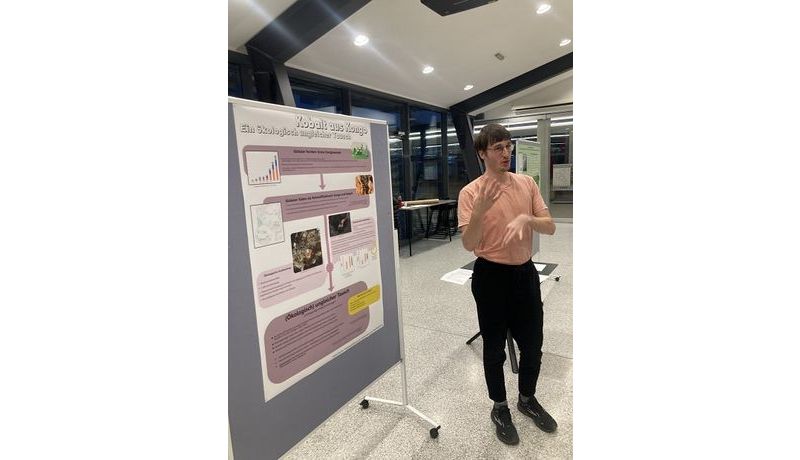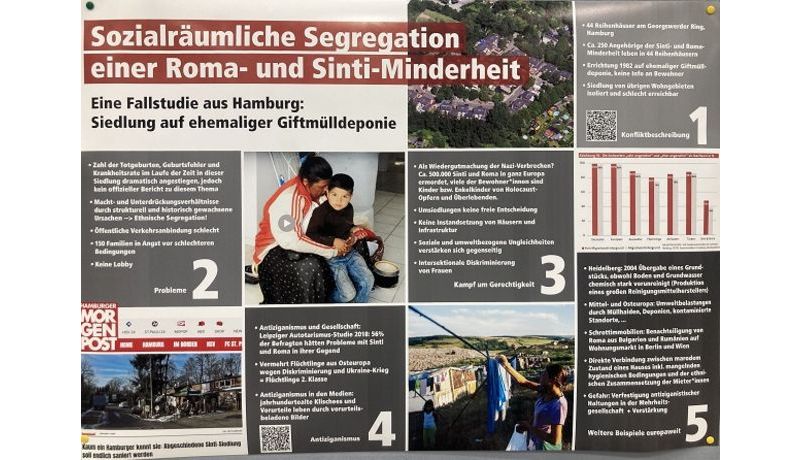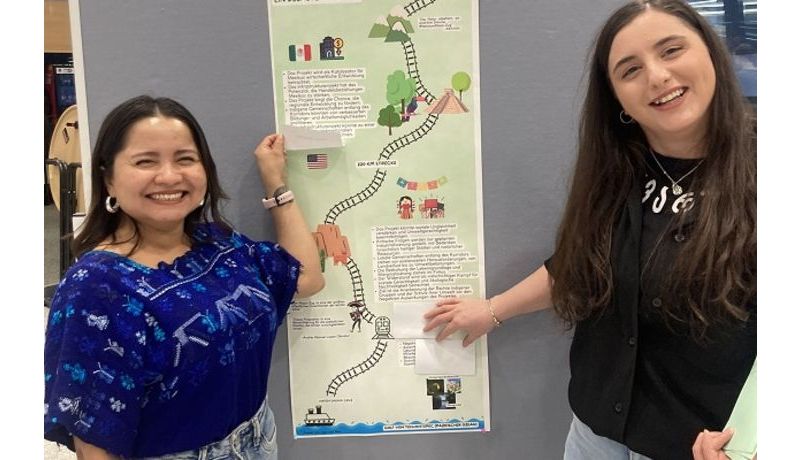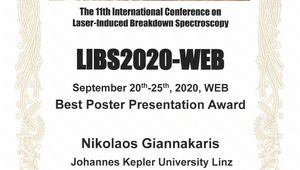The Environmental Justice Atlas records 4,000 environmental conflicts worldwide.
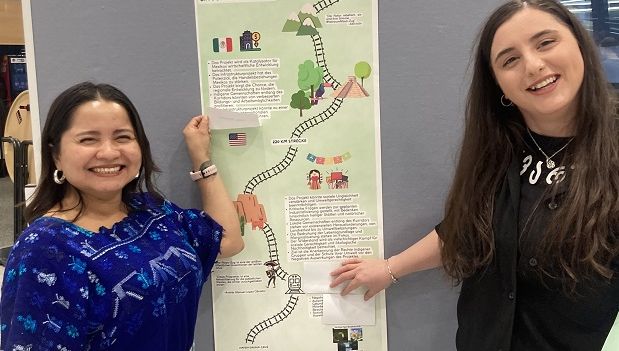
Be it mining, waste disposal, industry, tourism, energy production, or industrial agriculture, the issue is invariably the unbalanced distribution of environmental hazards and the unbalanced access to natural resources, their appropriation, control, and exploitation.
As part of courses taught by Karin Fischer (Department of Sociology), students ín the Master's degree program in Civic Studies and the Master's degree program in Sociology explored sites of conflict and presented their work during a poster session in Hall C on January 24.
Renate Demmel-Wölbitsch was presented with the Best Poster Award in recognition of her outstanding paper focusing on an isolated Sinti and Roma settlement located on the outskirts of Hamburg which was constructed on a toxic waste dump in the early 80s. Her work impressively illustrated the way in which social, ecological and spatial inequality all interact.
Other students focused on the Gratkorn Mur power plant in Styria. In planning since 2008, this power plant is expected to begin operations this year. The socio-ecological distributive fairness between global and intergenerational climate protection using "green energy" and local environmental concerns continues to be hotly contested in this area.
Other students took their case studies to the global south. A decade after the closure of a battery-recycling lead refinery in Owino Uhura, Kenya, there are still high levels of lead contamination in humans, the water, the soil, and in the food. The local population is continuing its fight for reparation and compensation payments but in the absence of procedural justice, their efforts to date have been futile.
Cobalt production in the Congo is another case of global environmental injustice in which cobalt (for EV car batteries, among other things) is extracted under inhumane and environmentally harmful conditions. The case study exposed a disproportionate environmental trade-off: "Pure" metal for "clean cars" is imported to affluent countries, thereby outsourcing the social, healthcare, and environmental costs. In the end, the public is unaware of the enormous use of land, energy, water, and poor working conditions.
The students' case studies and their outstanding posters - ranging from the giant dam in the Brazilian Amazon, the Mur power plant, mining conflicts in Ecuador and in the Congo, to the coal conflict in Hambach Forest, infrastructure projects in Mexico, and battery disposal in Kenya, provide ample material for discussions with each other, and with the guests.
 Go to JKU Homepage
Go to JKU Homepage







